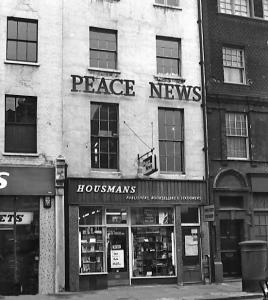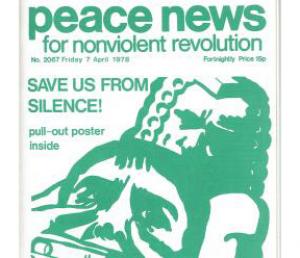Peace News found itself involved – directly or indirectly – in several of the spate of political trials which were a feature of life in Britain during the 1970s. One of these was the ABC official secrets case; Crispin Aubrey, the 'A' of the trial's name, has died suddenly, aged 66.
Those of us editing PN at the time were hauled up before the lord chief justice for naming an anonymous witness due to give evidence in the ABC case, and both lots of defendants ended up…




